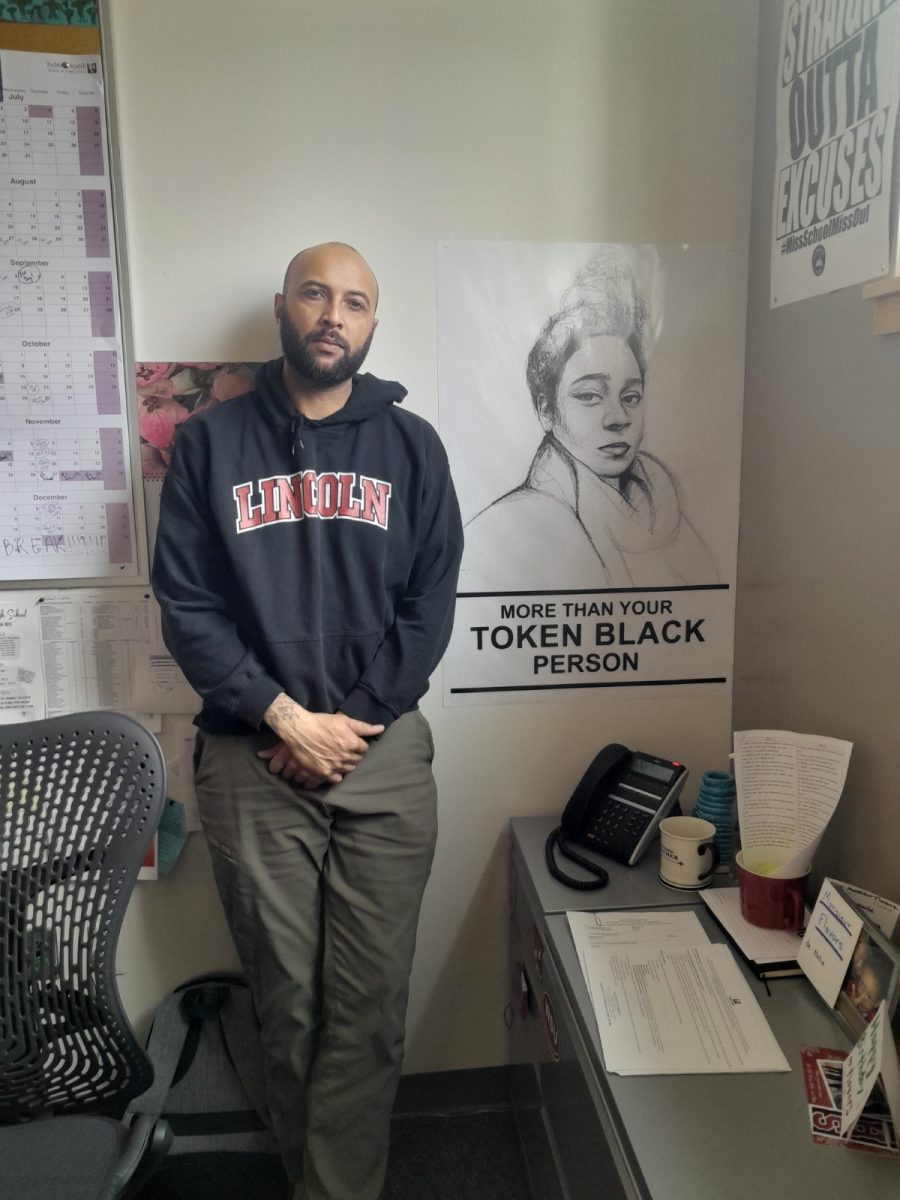Daylight Savings
November 16, 2022
A couple of weeks ago, citizens of about 70 countries woke up in a different time zone. Part of the world shifted back to Standard Time and people received an extra hour of sleep. While this creates a relaxing weekend for many, the time change has a direct effect on our health.
Right now, many politicians in America have been trying to keep our states in permanent Daylight Savings time to combat the negative health impacts of the biannual time changes. But numerous sleep and brain scientists believe that implementing permanent Daylight Savings Time could actually harm our health.
To begin this conversation, it’s important to identify the issues caused by changing our clocks. According to Michael J. Breus, a diplomat of the American Board of Sleep Medicine, “moving our clocks in either direction changes the principal time cue — light — for setting and resetting our 24-hour natural cycle, or circadian rhythm. In doing so, our internal clock becomes out of sync or mismatched with our current day-night cycle.”
Essentially, our sleep patterns are based on natural light from the sun rather than a clock. When our bodies are thrown off and forced to quickly conform to a new schedule, there can be a variety of negative consequences, such as increases in mood disorders, heart problems, and motor vehicle accidents.
A study quoted by the American Association of Retired People found that there was a 24 percent increase in heart attacks on the Monday after daylight saving time starts. Additionally, on average, the time change causes a “6 percent increase in fatal car accidents in the week following the spring DST transition.”
It’s easy to recognize that time changes are harmful and have more downsides than upsides. It’s much harder to try and fix this problem. The Sunshine Protection Act is a proposed federal law aimed to protect citizens of the U.S. from the effects on their health by getting rid of time changes and making daylight savings time permanent.
In March 2022, it was passed by the Senate; however, it has yet to be passed by the House. Buzzfeed News reported that members of the Senate might not have even been aware of the effect of permanent daylight savings time. While the Sunshine Protection Act addresses the harms of changing our clocks twice a year, it also creates a new set of problems.
According to Charles Czeisler, chief of the Division of Sleep and Circadian Disorders at Brigham and Women’s Hospital, “permanent daylight saving time would move everyone in the U.S. one time zone eastward”. In Seattle, we would shift to Mountain Time permanently. This is bad because “there’s extensive research that being on the western edge of a time zone increases the risk of multiple different cancers.”
For example, liver cancer risk increases by “11% for every five degrees westward in a time zone a person lived.” This means that if everyone moved one time zone east, the risk could increase by 30%.
The fact that the government of the United States could be increasing cancer for all their citizens by enacting the Sunshine Protection Act, is unacceptable. Permanent standard time needs to be considered as a serious option. Getting rid of the harmful time changes in exchange for creating new health risks from permanent daylight savings time is not what we should be aiming for.
Sleep experts have reached a general consensus that if we want to stick to a single time zone, standard time is the way to go. Switching to permanent daylight savings time is only creating a new set of health problems for future generations. Our lawmakers must be aware of the full repercussions of this issue and why they can’t just pick the most popular solution.



























